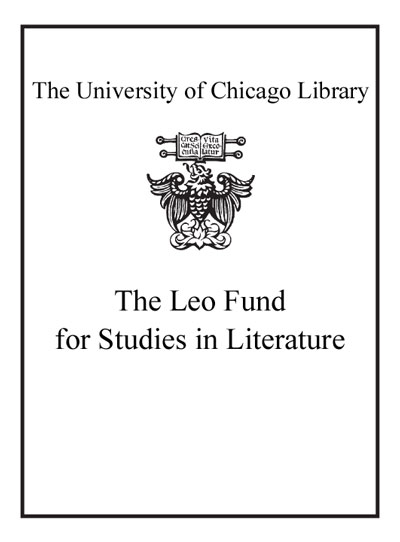Review by Publisher's Weekly Review
This ambitious and thoughtful adventure from Platonov (1899--1951; Happy Moscow), denied publication by the Soviet Union, follows an orphan born in poverty who comes of age during the Russian Revolution. Deeply sensitive Sasha Dvanov leaves his foster father--the eccentric craftsman and mechanic Zakhar Pavlovich--to join up with revolutionary forces. Before long, he falls in with Kopionkin, a wandering champion of socialism dedicated to the memory of the martyred Polish German socialist Rosa Luxemburg. Kopionkin rides a workhorse turned warhorse whom he calls Strength of the Proletariat, and he and Sasha form a Quixotic duo, riding across the frigid Russian steppe in search of true socialism. The work is at once comic and rich in pathos: Platonov's depictions of the long-suffering peasantry can veer toward the absurd (a devout communist named Pashintsev defends his corner of the revolution with makeshift armor and dud grenades), but he draws them in great detail, lending them gravity and humanity through measured prose and a bend toward realism. Eventually, Dvanov and Kopionkin are drawn to Chevengur, a remote steppe community that claims to have reached a state of socialist utopia with little guidance from Marx, where their idealism collides with the real world. Philosophical and oblique, Platonov's rich story is undeniable. (Nov.)
(c) Copyright PWxyz, LLC. All rights reserved
Review by Kirkus Book Review
A splendidly subversive tale of the Russian Revolution and civil war from the great laureate of the working class. It's astounding that Stalin, after reading Platonov and scrawling "Bastard" on one page, allowed him to escape the Gulag. Platonov's town of Chevengur slumbers on Russia's high steppes, where crops fail and peasants leave their farms to seek work in the cities and mines, while a few holdovers resort to "eating raw grass, clay, and bark." Into this region, ripe for revolution, is born the Christlike Sasha Dvanov, whose father has committed suicide just to see what the afterlife is like. God appears in Platonov's vivid novel; so does Lenin, and so does a revolutionary Don Quixote who worships the late Bolshevik icon Rosa Luxemburg, on whose behalf he swears vengeance for her assassination. This Kopionkin, whose name means "spear," is a man of action, while Sasha speaks of big dreams: "Cultured plants will make the earth brighter and more clearly visible from other planets," he instructs a commissar named, yes, Fyodor Dostoevsky. "And then, the circulation of moisture will increase. The sky will become bluer and more transparent!" Communism isn't born on the land quite so seamlessly. Instead, civil war breaks out, Kopionkin riding out to meet the enemy on a Rocinante named "Strength of the Proletariat," a horse that, he growls, has "more revolutionary consciousness than any of you." People starve, careful plans disintegrate, Bolshevik leaders admit to never having read Marx, and the masses falter: "The communism of Chevengur was defenseless during these dark steppe hours, since people had temporarily curtailed their convictions, allowing the power of sleep to heal the exhaustion occasioned by their inner life of the previous day." All are all too human in the face of this strange new ideology, which, Platonov daringly makes clear, is as much religious as political. A superb work of Soviet-era Russian literature in a welcome, well-annotated new translation. Copyright (c) Kirkus Reviews, used with permission.
Copyright (c) Kirkus Reviews, used with permission.
Review by Publisher's Weekly Review
Review by Kirkus Book Review

